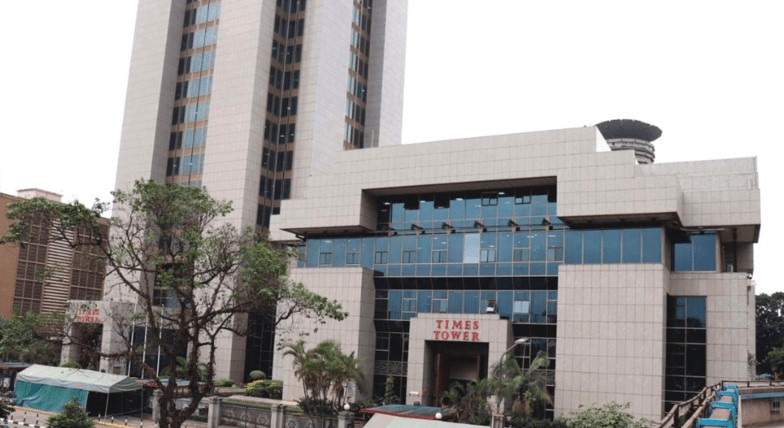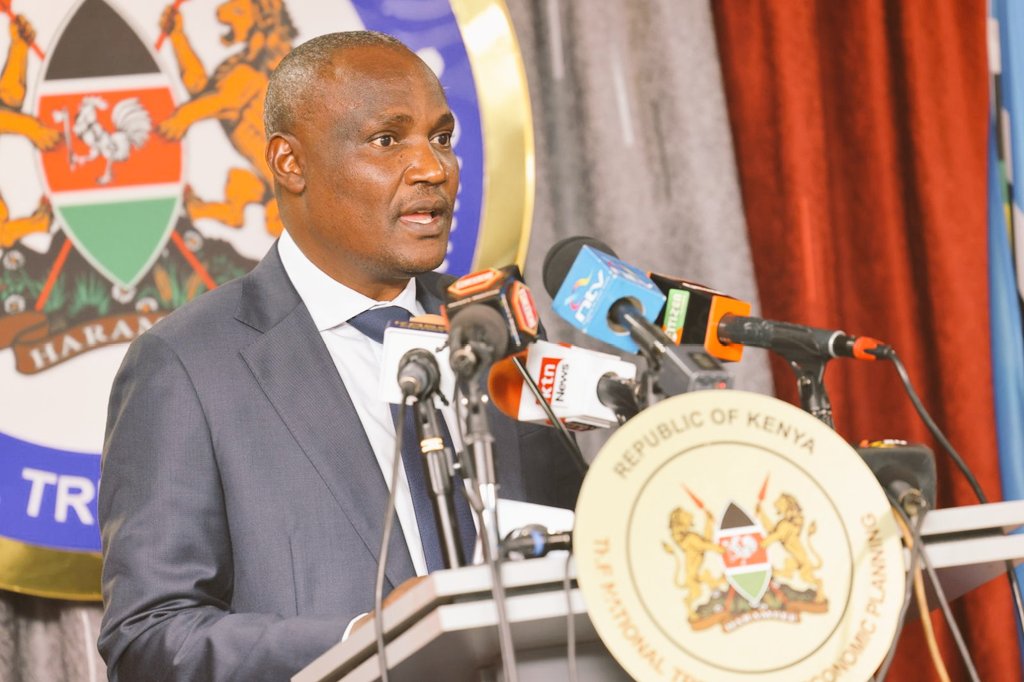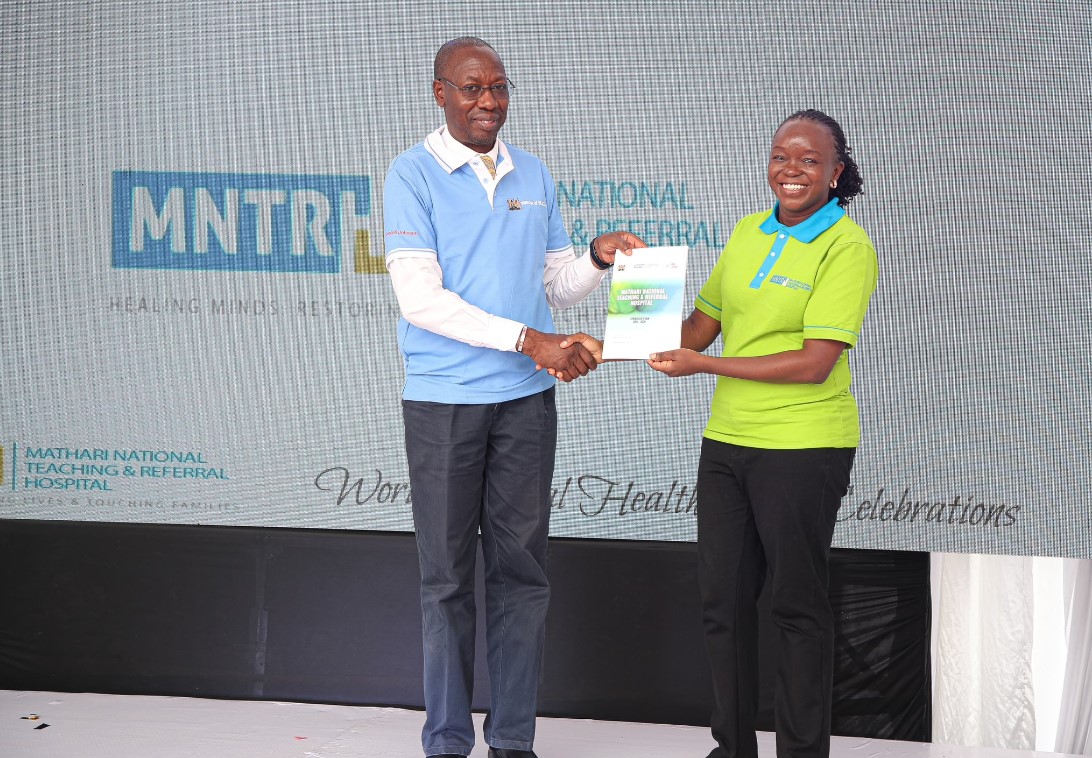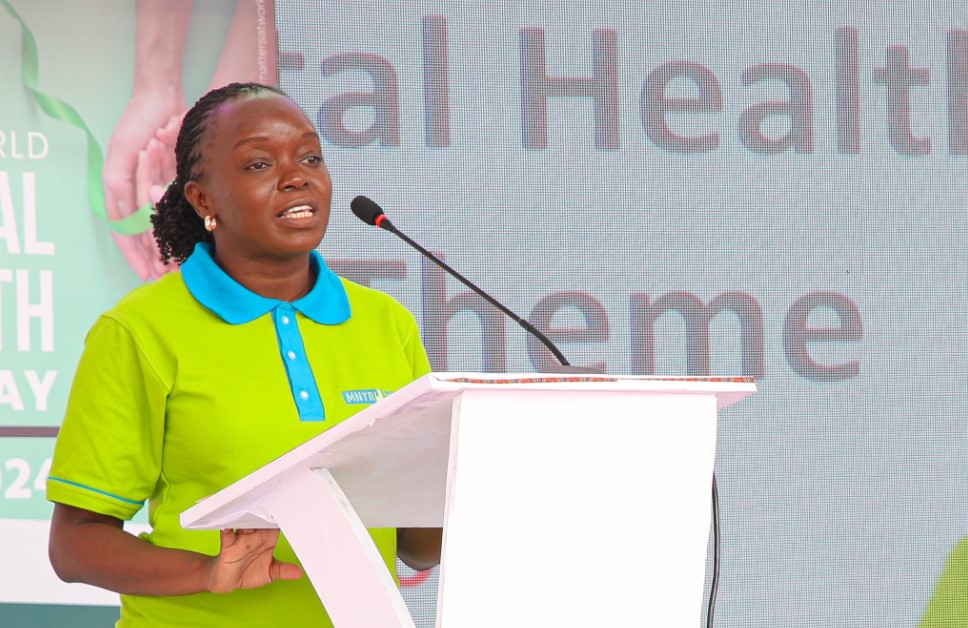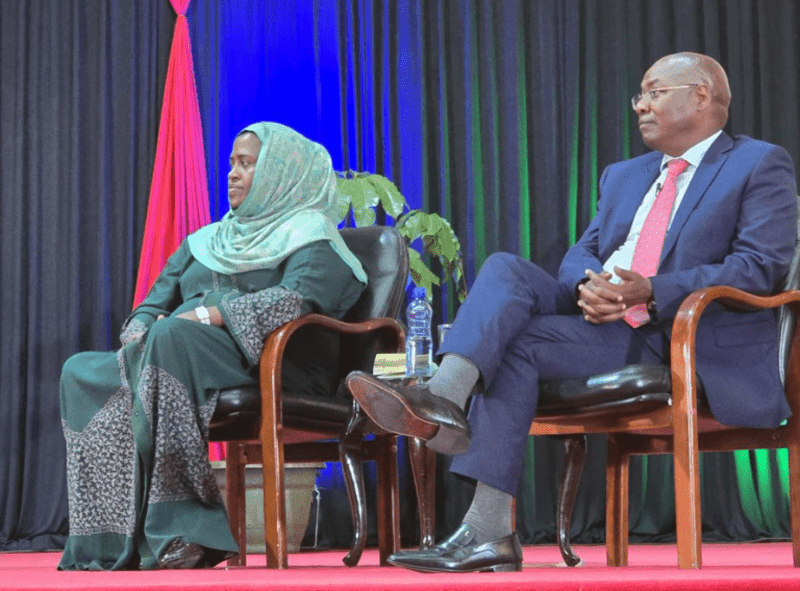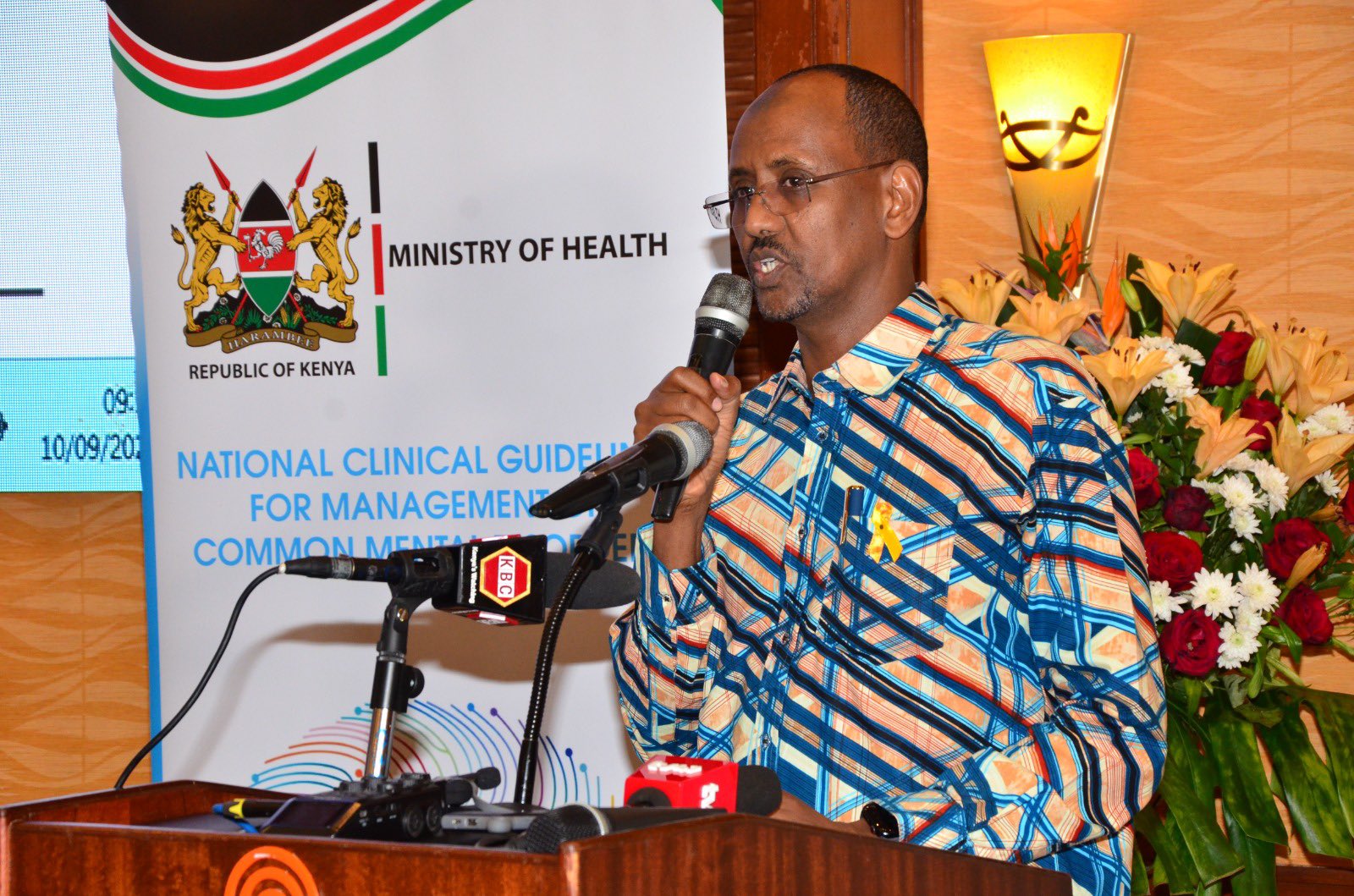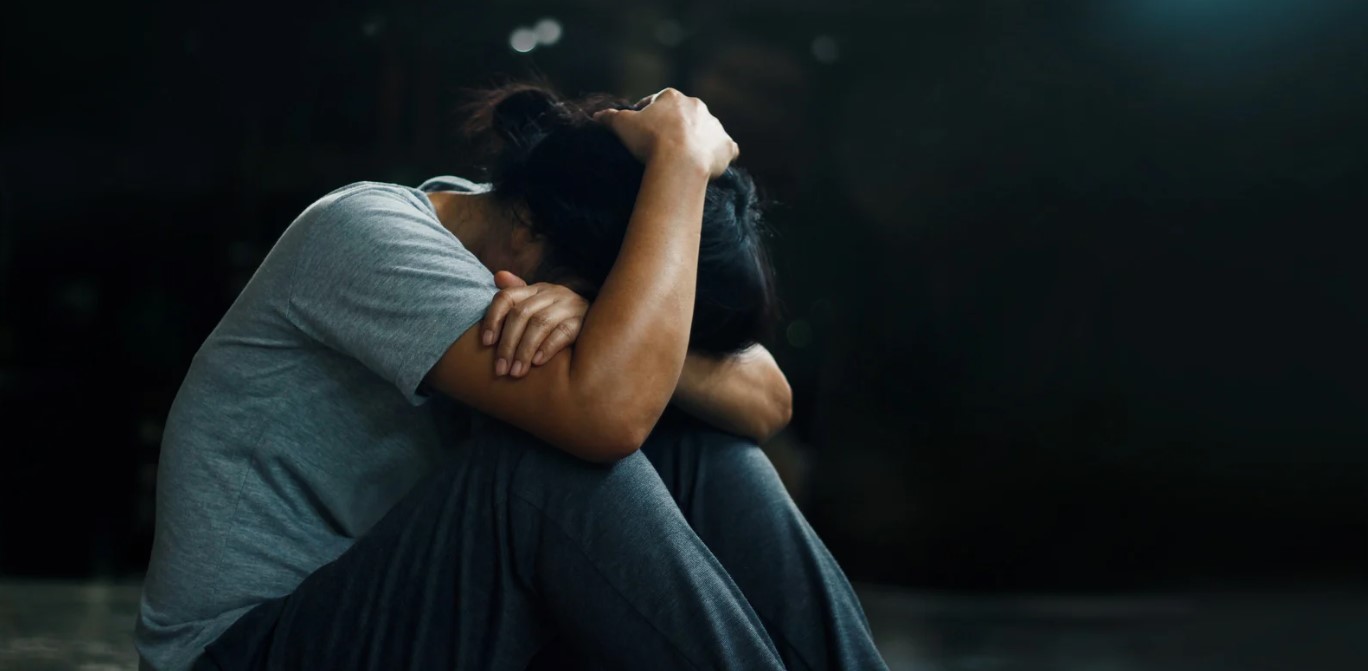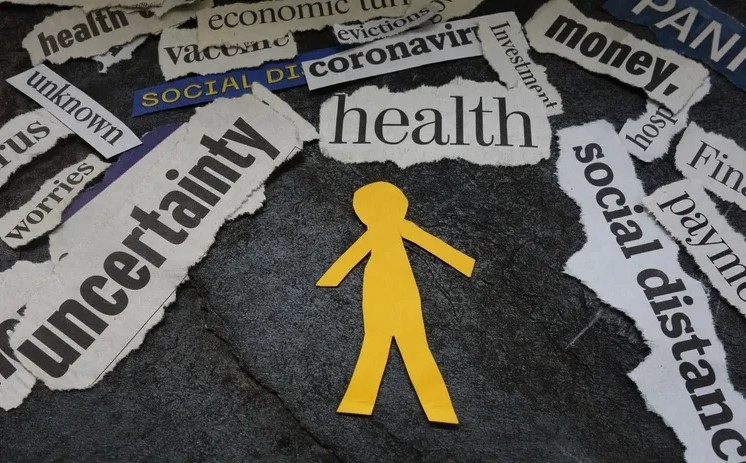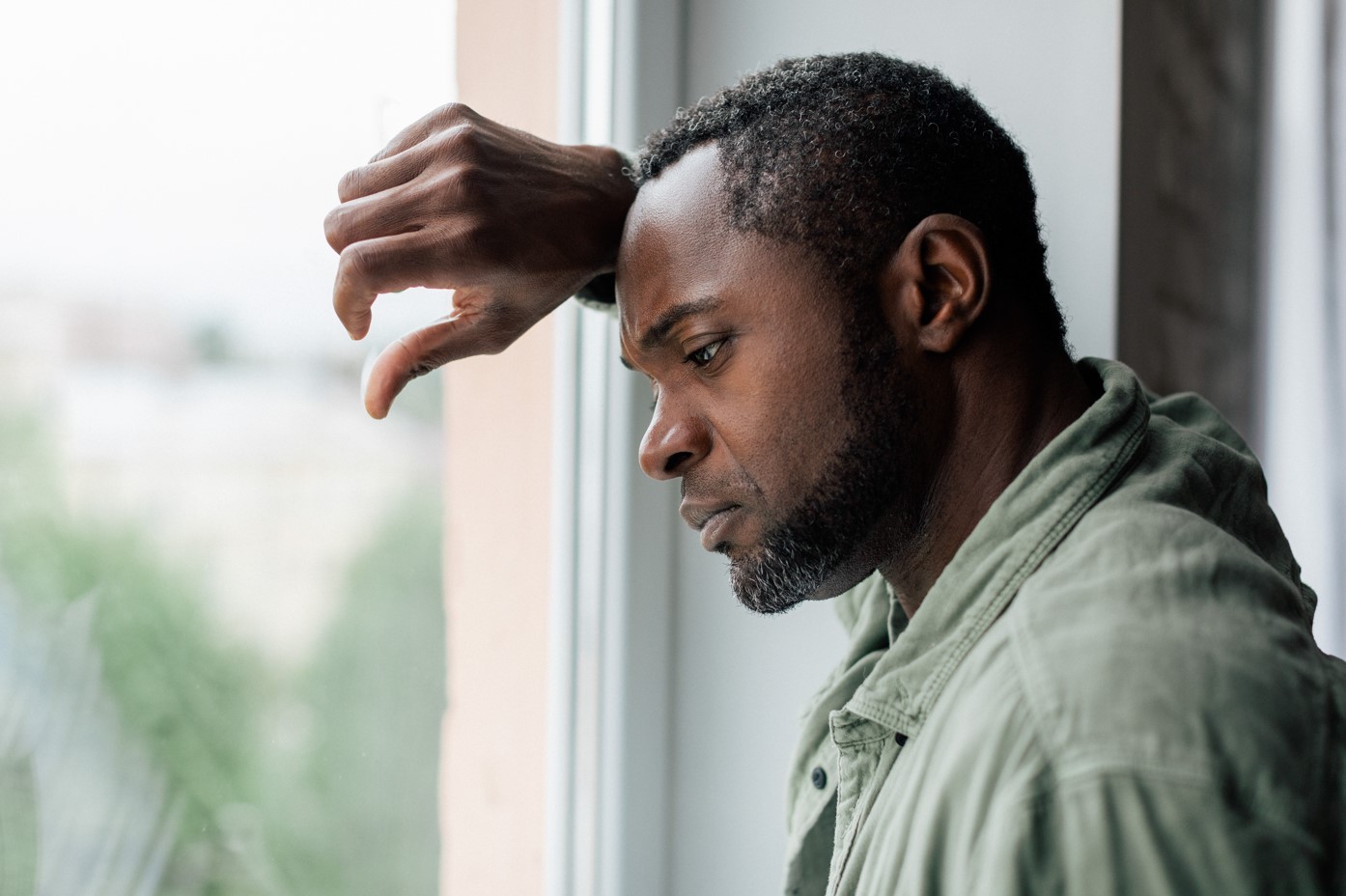1 in 7 children and teens impacted by mental health conditions - UN report

By UN News |
One-third of mental health conditions emerge before the age of 14 and half before the age of 18.
Around one in seven children and adolescents aged 10 to 19 are affected by mental health conditions – with anxiety, depression and behavioural disorders among the most common, according to a new World Health Organization and UN Children’s Fund report released on Wednesday.
In addition, one-third of mental health conditions emerge before the age of 14 and half before the age of 18.
Keep reading
- Relapse battle, strained family relationships pushing drug addicts to the streets
- Suppressing trauma harmful to one's mental health and wellbeing, expert says
- "Storytelling By The Fireside": How art is being used to tackle societal issues in Mombasa
- Alarm as civil servant mental health cases soar from 4,000 to 14,000 annually
Published ahead of World Mental Health Day, celebrated annually on October 10, the report seeks to support the transformation of mental health services for children and adolescents.
It underscores the importance of early action as an essential ingredient in enabling children and young people to realise their full potential.
Inaccessibility of mental health services
Despite the need for action, access to services remains largely inaccessible.
Most young people experiencing mental health symptoms cannot access care due to systemic barriers such as low service availability, unaffordable costs and stigma preventing them from seeking help.
Further, while public funding and human resources for services are generally low worldwide, those aimed at children and adolescents are particularly unavailable, especially in low—and middle-income countries.
Child and adolescent #MentalHealth services in most countries are:
— World Health Organization (WHO) (@WHO) October 9, 2024
🔸 Difficult to access
🔸 Underfunded
🔸 Unaffordable
Find out more: https://t.co/LFxHOPdbke pic.twitter.com/u8E94PBMrw
“We must take action to ensure that evidence-based and age-appropriate interventions are available and affordable for all,” said Dévora Kestel, Director of Mental Health, Brain Health and Substance Use at the World Health Organization (WHO).
“Every country, regardless of its circumstances, can do something to significantly improve the mental health of its children, young people and their families,” she added.
Community-based model
The report stipulates that supporting the mental health of children and teens must be a collective effort. While there is no single best model, it provides examples from around the world that show what can be achieved in different settings.
“Mental health and well-being of children, adolescents and their families cannot be addressed in isolation. We must integrate health, education, social protection and community support systems to build a comprehensive network of mental health services for young people,” said Fouzia Shafique, Associate Director of Health at UNICEF.
The report also draws attention to the millions of children with mental health conditions worldwide who are institutionalized, despite having existing families, arguing that this practice violates their human rights and leads to poor health and social outcomes.
Phase out institutional care
It calls for the phasing out of institutional care in favour of community-based services that allow children to grow in their families and communities, ensuring continuity in their education, social relationships and overall development.
“It is our collective responsibility to prioritize their mental health as part of overall child and adolescent well-being,” said Shafique.
Reader comments
Follow Us and Stay Connected!
We'd love for you to join our community and stay updated with our latest stories and updates. Follow us on our social media channels and be part of the conversation!
Let's stay connected and keep the dialogue going!

